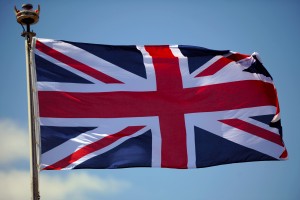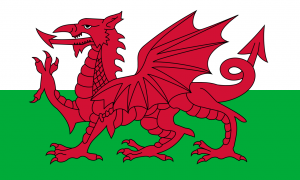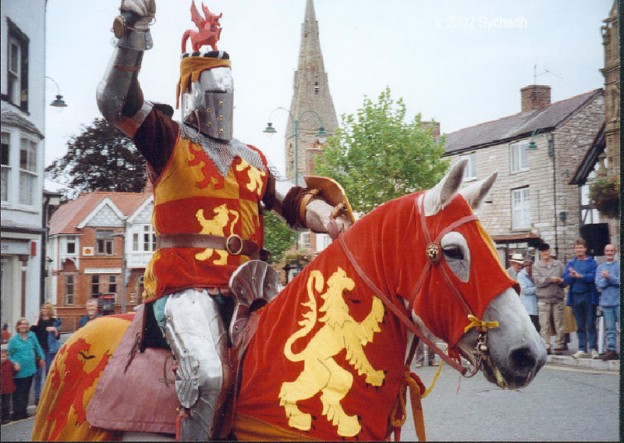Owain who? Don’t you mean Owen Glendower? Well, not quite. Ask any Welshperson about Owen Glendower and they’ll probably look at you blankly. You see, Owain Glyndŵr is a large part of our history and, well, we’re not too big on the Anglicisation of our country’s greatest heroes.
Okay, okay, Owain, Owen, potato, potato, why does it matter? It’s all the same guy. True. Shakespeare’s Owen Glendower isn’t far off who we know, but the difference is in interpretation. Shakespeare doesn’t mock the Welsh language (too much!), but he does mock the Welsh people. You might not notice it while you read about this eccentric and slightly obsessive rebel, but Shakespeare’s depiction of Owain Glyndŵr is so drenched in Welsh stereotypes that I’m surprised there wasn’t a Gavin and Stacey character based off him.
So who’s the Owain Glyndŵr I know? Owain Glyndŵr descended from the Princes of Powys and acted as a leader in the Welsh revolt against the harsh English rule. On September 16th, 1400, over 300 of Glyndŵr’s supporters met at Glyndyfrdwy to proclaim him Prince of Wales, a title still recognised across Wales. The position of Prince of Wales was currently held by the English, having been seized from Llywelyn ap Gruffudd, in 1282. The Welsh believed that their prince should, rightfully, be Welsh, so they chose Owain Glyndŵr as the man to take the crown. Owain Glyndŵr’s title was never recognised by the English, though, and still to this day he is erased in British history. In a recent parliamentary debate one MP called his parliament “a myth”, which may be true if you think in terms of the “official” English parliament. But with that refusal to recognise Owain Glyndŵr, the English are also denying the Welsh any recognition in this history of which we are such a large part.
The Union J ack, the flag flaunted across t-shirts and tea sets worldwide, is supposedly a combination of the British nations. Together, as the United Kingdom, we are united under a flag. Take a look at that flag and you’ll see St George’s Cross (the English flag) front and center, atop St Andrew’s Cross (the Scottish flag), represented as the blue background, and you’ll even see St. Patrick’s Cross, two
ack, the flag flaunted across t-shirts and tea sets worldwide, is supposedly a combination of the British nations. Together, as the United Kingdom, we are united under a flag. Take a look at that flag and you’ll see St George’s Cross (the English flag) front and center, atop St Andrew’s Cross (the Scottish flag), represented as the blue background, and you’ll even see St. Patrick’s Cross, two  diagonal red lines, representing Ireland.
diagonal red lines, representing Ireland.
The Welsh dragon is nowhere to be seen. Debates over Wales’ place on the Union Flag have been going for centuries, and still the nation is ignored and invisible in Britain’s history.
When Shakespeare is not ridiculing Owain Glyndŵr or Welsh women (Act 1, Scene 1), he erases our culture. In Act 3, Scene 1, Owain Glyndŵr speaks to his daughter in Welsh, and instead of given lines she is given stage directions “The woman speaks in Welsh”. While Glyndŵr sometimes translates for us, on many occasions she talks and is not acknowledged, instead saying something incomprehensible that each individual performer would have to make up. Shakespeare speaks to a culture of mythicising and dehumanising the Welsh. The Welsh language is unimportant to him, malleable, only preserved through song or folklore instead of stable, rich and beautiful literature (of which there is plenty). Through the 19th century, even to this day, the Welsh language has been treated as inferior to English. Shakespeare’s omission of the Welsh language is a bitter wound to the Welsh people, a tactic of belittling just like his animalistic depictions of Welshwomen, his one-dimensional portrayal of Owain Glyndŵr, and the sly insults sprinkled through the play.


This was so cool and awesome to read!!!